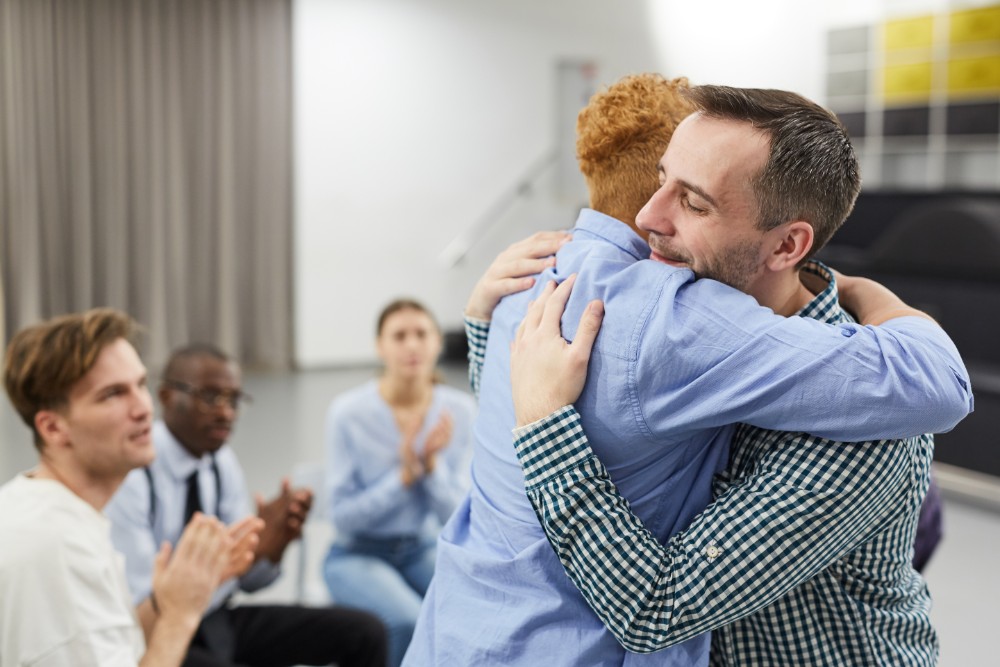“Kindness is perhaps the most underrated of those human gifts we can share — with others and ourselves,” says Harriet Griffey, author of “How to be kind” for In The Moment magazine. When we think about kindness, we often think about how we treat others and how others treat us. What we often forget about is how we treat ourselves. There’s that age-old saying, “treat others the way you’d like to be treated.” This is something that most of us learned as early as preschool. As we grow older, however, we tend to forget about treating ourselves with the kindness we deserve. Let’s modify this saying. Our mantra for you goes something like this: “Treat yourself with the kindness and compassion that you would show your 8-year-old self.” Would you be putting an 8-year-old down because they made a simple mistake? Would you be cursing out an 8-year-old for this simple mistake? Of course not. So, we want to help you learn to treat yourself with the kindness you deserve in your recovery.
“Small acts of kindness can make a huge difference.”
Any act of kindness, no matter how small, can make a difference in your life. This includes compassion that comes from yourself. When we are in recovery, we are in a fragile state. We are doing the best we can do, but we can sometimes fail. After all, recovery isn’t easy. Recovery isn’t a location or an endpoint. That just isn’t how it works. Instead, recovery is on-going and never-ending. No matter how much we wish we could reach the finish line, we can’t. So, we must learn to treat ourselves with the kindness that we would treat an 8-year-old version of ourselves. No act of kindness is ever too small, says Griffey. “They come from a place of compassion that starts with ourselves. Recognizing how we feel when someone acknowledges our successes or sorrows, makes it easier to pass kindness on, to pay it forward.” You can use the power of kindness from others to be kind to yourself. Sometimes we have to pay it forward to ourselves, and that’s okay. “Being kind is about pressing pause and being a little more generous in thought and deed to others, which can start by being a little more forgiving of ourselves.” Forgiveness is a central concept in the process of recovery. We must forgive ourselves for the mistakes we make and any relapses that may happen. We must forgive ourselves when the outcome isn’t what we had hoped. Remind yourself that you are doing the best that you can.
Arbor Behavioral Healthcare is here to help you in your recovery from substance use. We have the tools to help you. Call us today at 844-413-2690. We can’t wait to speak with you!

